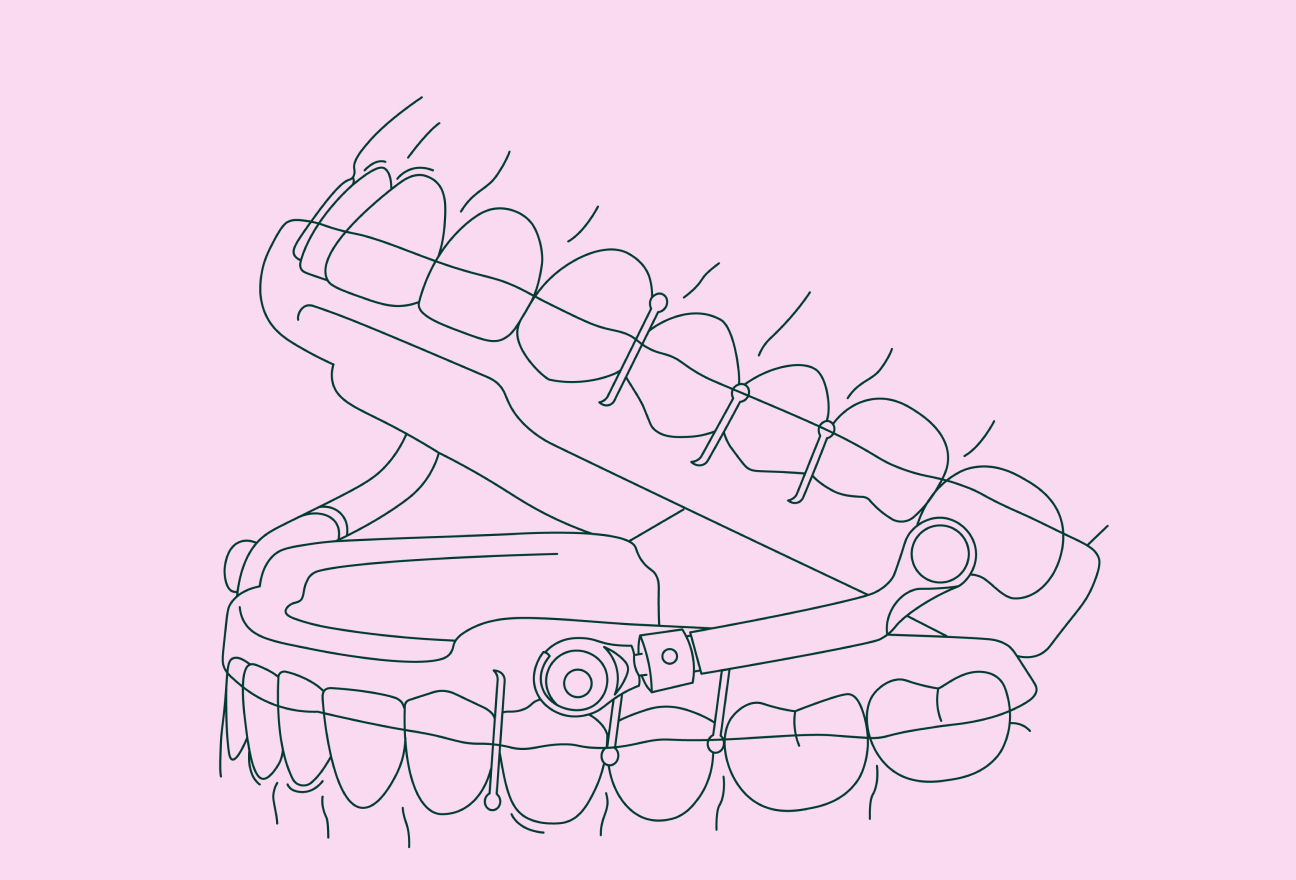
Do you struggle with loud snoring when you sleep? Does your partner complain about your frequent gasping for air during the night? If so, you may be suffering from sleep apnea, a common sleep disorder that affects millions of people worldwide. Fortunately, there are effective treatment options available to help you get a better night's rest, including the use of a sleep apnea mouth device.
Sleep apnea is a condition characterized by pauses in breathing or shallow breathing during sleep. These pauses can last from a few seconds to minutes and can occur multiple times throughout the night. The most common type of sleep apnea is obstructive sleep apnea, which occurs when the muscles in the back of the throat relax and block the airway. This can lead to loud snoring, gasping for air, and disrupted sleep patterns.
One of the most effective treatments for obstructive sleep apnea is the use of a sleep apnea jaws device, also known as a mandibular advancement device (MAD) or a mandibular repositioning device (MRD). These oral appliances are designed to keep the airway open by shifting the lower jaw forward during sleep, preventing the collapse of the throat muscles that causes breathing pauses.
So, how can a sleep apnea mouth device improve your sleep? By keeping the airway open and unobstructed, these devices can reduce or eliminate snoring and improve airflow during sleep. This can lead to a more restful night's sleep for both you and your partner, as well as a decrease in daytime fatigue and drowsiness.
Additionally, using a sleep apnea mouth device can reduce the risk of serious health complications associated with untreated sleep apnea, such as high blood pressure, heart disease, and stroke. By improving your breathing during sleep, you can lower your risk of developing these conditions and improve your overall quality of life.
When considering a sleep apnea mouth device, it is important to consult with a qualified healthcare provider who can help determine the best treatment option for your specific needs. They can assess your symptoms, medical history, and sleep study results to recommend the most appropriate device for you.
There are several different types of sleep apnea mouth devices available, ranging from over-the-counter options to custom-made devices prescribed by a dentist or sleep specialist. While over-the-counter devices may be more affordable, custom-made devices are typically more effective and comfortable to wear.
It is important to follow the instructions for wearing and caring for your sleep apnea mouth device to ensure optimal results. Most devices can be easily cleaned with a toothbrush and toothpaste or a denture cleaner, and should be stored in a dry, ventilated area when not in use.
Some common side effects of using a sleep apnea mouth device include jaw pain, tooth discomfort, and excessive salivation. These side effects are usually temporary and can be alleviated by adjusting the fit of the device or using it for shorter periods of time until you become more accustomed to wearing it.
Overall, using a sleep apnea mouth device can greatly improve your quality of sleep and overall health. By keeping your airway open and reducing snoring, you can enjoy a more restful night's sleep and wake up feeling refreshed and alert. If you suspect you may have sleep apnea, talk to your healthcare provider about the benefits of using a sleep apnea mouth device and take the first steps towards silencing the snores for a better night's sleep.